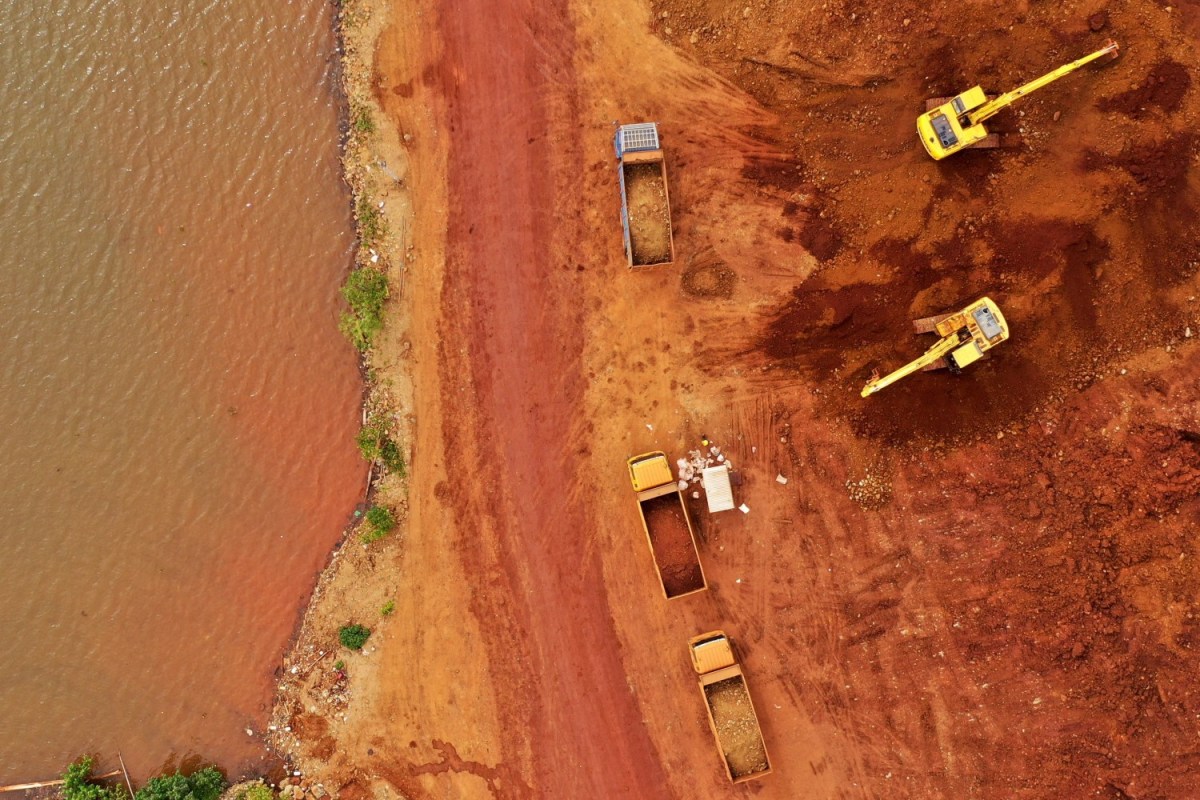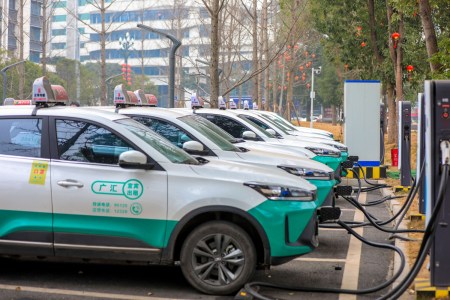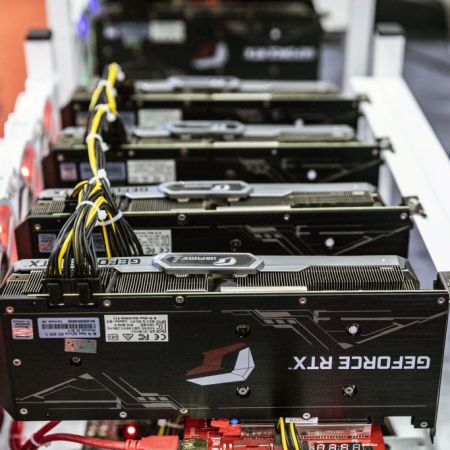First things first: driving an electric vehicle is better for the environment than driving a gas-powered one. That doesn’t mean that electric vehicles are perfect for the environment, however. Lowering emissions is a necessary and worthy goal for automakers to have — but the current process by which electric vehicles’ batteries are made involves nickel, and that, in turn, involves mining nickel. And that’s where things get a little complicated.
Writing in The Guardian in 2017, Max Opray noted that the process of mining nickel “comes at an environmental and health cost.” The same news outlet conducted an investigation into the effects of nickel mining on both the environment and on the health of people who lived near the mines; it was published last year, and described high levels of pollutants found on Obi Island (also known as Obira Island), where nickel mining has abounded.
A more recent investigation conducted by The Washington Post — specifically, writers Rebecca Tan and Dera Menra Sijabat and photographer Joshua Irwandi — offers an even more detailed look at the current state of nickel mining, as well as its impact on the land and on human health.
The situation, Tan and Menra explain, is a result of two things. The first is that saprolite ore, which is relatively easy to refine, is dwindling across the world, resulting in greater demand for limonite ore — which is more taxing to mine and extract. The other is that demand for nickel is up to coincide with the demand for electric vehicles.
As the Post‘s reporting shows, this process produces a significant amount of waste. And environmental advocates and the mining industry are at odds at how best to resolve the situation.
This Former Tesla Executive Has a Plan for Recycling EV Batteries
This addresses one of the big questions for EV adoptionThere are initiatives cropping up that are embracing recycling existing electric vehicle batteries so that the nickel there can be re-used. But the transition from internal combustion to electric vehicles has opened the door to other environmental challenges that will likely need to be addressed before long.
Thanks for reading InsideHook. Sign up for our daily newsletter and be in the know.


















